Article 1: The Planned Exit
This is the first of six articles that will address how to plan, operate, and exit your business. Each step taken should ensure exceptional customer care with bottom-line results. In this article, we will cover the explicit steps and information that are necessary to transact a buy/sell transaction.
The following information is necessary to build a package for presentation to a buyer:
1) Sound historical financial information.
2) A business assessment or full valuation.
3) The tax ramifications of your transaction defined.
4) An operational profile of your business.
5) The property-lease agreement.
6) A UCC search.
Having the right professionals involved is critical. You should consider engaging the following types of professional assistance:
1) An investment banker who understands how to place a value on your practice.
2) A certified public accountant.
3) Legal counsel to produce simple and concise buy/sell agreements.
4) A banker or private lender.
The Right Information:
Sound financial information – This process starts when you purchase or start-up your business. Historical information is accumulated in a point-of-sell system and back office software from business inception. If your financial footsteps are not clear, accurate and properly reflected, the buyer will have good reason to challenge your offering price. Combining more than one business line in a database, or accounting for non-business transactions will muddy up your financial information. Typically, it will cost additional accounting fees to unwind the information and produce a pure, concise business assessment to value your business.
The business assessment or full valuation – Having an independent third party assess the value of your business is critical. You don’t want to leave any money on the table or miss an opportunity with a potential buyer. Shooting from the hip for a purchase price can create many problems. The assessment or valuation will generate a price based on the historical and factual information. Both hard assets and discounted cash flow will be considered in producing a fair and reasonable price for your business.
Tax ramifications – Uncle Sam can kill a deal. The seller wants all capital gains and the buyer wants all assets to be classified as 5-year property. This is part of the negotiation process. Both the buyer and seller must file the asset allocation with their next Federal income tax return. The entity structure will also have a material effect on the transaction. Some entities are tax-paying and some are pass-through. If you have a C-corporation, double taxation will be looking into your eyes. This process requires a good CPA that understands your industry.
Operational profile – What are your demographics? Who is your customer? How does your pricing and discounting compare with the market? What type of inventory do you have? What is the appearance of your business? You want to search for the right buyer who will be successful in the business you built. This will help ensure that your customers will be treated with the same care you gave them. A one-page profile should accompany your valuation when presenting your business.
The UCC search – The buyer’s lender will generate a UCC search to determine if a lien exists on any of the assets being purchased. This process can delay a transaction if the seller has not addressed these issues before listing the practice.
The Right Professionals:
A calculation of value or full business valuation – You should engage a professional who understands your industry and will provide an objective calculation of value or full business valuation. The level of service necessary will sometimes depend on the buyer’s demands. Having solid support for your asking price creates a level of confidence when negotiating with the buyer. The seller can receive a substantial return on investment on the fees from having one of the documents generated.
Legal counsel – It is critical to engage legal counsel who has experience in mergers and acquisitions. A simple letter of intent and buy/sell agreement will accelerate the closing process and reduce professional fees for both parties. Both the buyer and seller should have his/her own attorney. Having good legal counsel is paramount in a buy/sell transaction.
CPA – your accountant should understand your business operations and the detail contained in both the tax returns and financial statements. Mistakes found in due diligence can be very costly.
